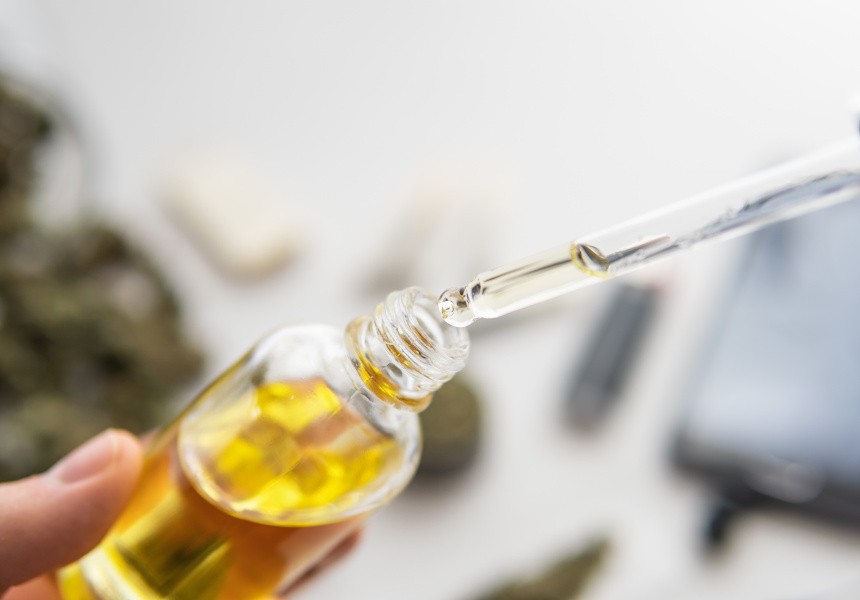The legal landscape surrounding cannabis products, including THC-infused lubricants (THC), is complex and continually evolving. This comprehensive review aims to provide an overview of the legal status and regulations governing the production and distribution of thc lube in various jurisdictions.
United States:
In the United States, cannabis laws vary significantly between states due to the federal government’s continued prohibition of cannabis. However, many states have legalized the medicinal and/or recreational use of cannabis. States with legal cannabis markets have implemented regulatory frameworks governing cannabis production and distribution, including THC-infused products like lube. These regulations typically cover licensing requirements, product testing, labeling, packaging, and marketing. Local governments within legal states may also impose additional regulations on cannabis businesses.
Canada:
Canada legalized recreational cannabis nationwide in 2018 under the Cannabis Act. Health Canada regulates the production and distribution of cannabis products, including THC lube. Regulatory requirements include licensing, quality control standards, packaging, labeling, and restrictions on advertising and promotion. Health Canada’s oversight ensures that THC lube products meet stringent safety and quality standards.
European Union:
Cannabis laws vary among European Union (EU) member states, with some permitting medical cannabis use and others maintaining stricter prohibitions. In countries where medical cannabis is legal, regulatory agencies oversee the production and distribution of cannabis-based medicinal products, including THC-infused lubricants. These products are subject to comprehensive regulatory frameworks, including quality control standards, safety assessments, and labeling requirements.
Other Countries:
The legal status of THC lube and cannabis products varies widely outside of North America and the EU. Some countries have strict prohibitions on cannabis, while others have implemented more permissive regulatory frameworks for medical or recreational use. Businesses operating in these regions must navigate diverse regulatory environments to ensure compliance with applicable laws and regulations.
Challenges and Considerations:
Compliance with regulatory requirements is essential for businesses involved in THC lube production and distribution to ensure product safety and quality. Regulatory oversight helps protect consumers from potential harm and ensures market access for compliant businesses. However, navigating complex and often divergent regulatory frameworks can pose challenges for industry stakeholders.
Bottom Line
The legal status and regulations surrounding THC lube production and distribution vary significantly across jurisdictions. While some countries have legalized cannabis for medical and/or recreational use, others maintain strict prohibitions. Businesses operating in the THC lube market must stay informed about evolving legal and regulatory developments to ensure compliance and navigate the complex landscape of the cannabis industry.
